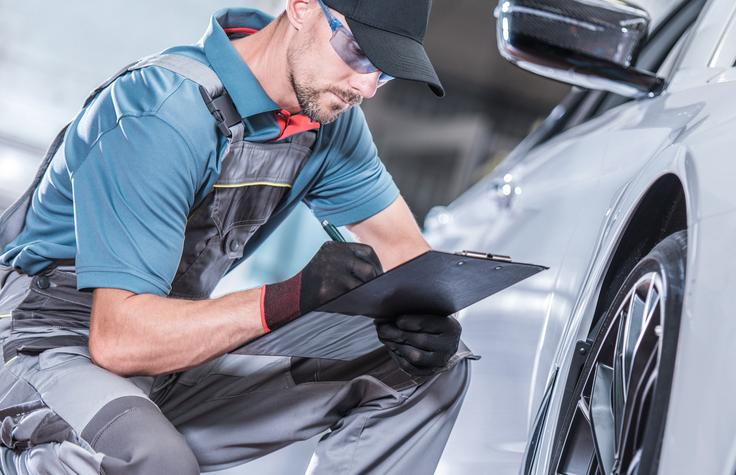PDI Essentials: What Pre-Delivery Inspection Teaches Aspiring Auto Techs
Before a brand-new vehicle ever hits the road, it must undergo a pre-delivery inspection (PDI). This critical process ensures that cars meet manufacturer standards for quality, safety, and performance before being handed off to dealerships or customers. While it may sound routine, PDI plays a vital role in automotive service. It’s an important skill taught in quality auto mechanic school programs like those at ATC Toronto.
If you’re considering automotive training, understanding PDI is a key part of preparing for a real-world career in automotive service. Let’s explore what this inspection includes, why it matters, and how it builds your skill set for a range of auto careers.
What Is a Pre-Delivery Inspection?
A pre-delivery inspection is the final quality check a vehicle receives before being delivered from the manufacturer to a customer. Although vehicles are thoroughly tested during production, small issues can emerge during shipping, storage, or handling. The PDI serves as a safeguard to catch and correct any problems before the vehicle is officially handed over.
Common PDI tasks include:
- Inspecting fluid levels (oil, coolant, transmission fluid)
- Checking battery performance
- Verifying tire pressure and condition
- Testing lights, wipers, and electronics
- Looking for leaks, scratches, or transport damage
- Ensuring all onboard systems function as intended

Dealership technicians usually perform PDIs, but the skills involved apply broadly to the auto mechanic school curriculum, especially when training to become a general service technician.
Why PDI Is Important in Auto Mechanic School
At a top automotive training institution, students learn that vehicle safety and customer satisfaction hinge on details. PDI teaches aspiring technicians to think like professionals, by checking every system thoroughly and not assuming that “brand new” means “flawless.”
Here’s how PDI aligns with your training:
1. Hands-On Inspection Practice
You’ll gain valuable experience inspecting electrical systems, fluids, safety features, and components under real-world conditions. This reinforces your understanding of how each part contributes to overall vehicle performance.
2. Diagnostic Thinking
PDIs train students to notice small irregularities, a tire with slightly low pressure or a sensor that flickers. These are the habits that help technicians become strong diagnosticians later in their careers.
3. Responsibility and Documentation
During a PDI, all findings are recorded and reported. You’ll learn to document inspections clearly and professionally, a key requirement for dealerships, insurance purposes, and repair shops.

PDI and the Future of Auto Careers
The automotive industry is evolving rapidly, but pre-delivery inspections remain essential, especially as vehicles integrate advanced safety tech and electronics. With EVs and hybrids, PDIs now include software diagnostics, charging system checks, and smart sensor calibration.
A career-ready technician must know how to inspect both mechanical and digital systems. That’s why ATC Toronto includes training that reflects these developments, preparing students for high-demand auto careers in service bays, dealerships, and inspection facilities. If you’re aiming for a strong start to your career, mastering PDI gives you an edge.
Why Choose ATC Toronto for Your Automotive Training?
At ATC Toronto, we focus on hands-on automotive training. From engine diagnostics to PDI routines, students work with real vehicles, tools, and systems in a modern shop environment. Our instructors bring industry experience and ensure you’re learning what employers actually want.
Whether you’re interested in dealership roles, independent shops, or specialty auto careers, mastering the details of PDI is a stepping stone toward success.
Start Your Career with Confidence
A great technician knows how to spot problems before they become major issues. That’s the essence of PDI, and of the career skills taught at ATC Toronto.
Explore our auto mechanic school programs and take the first step toward becoming a certified, in-demand professional in today’s automotive industry.


